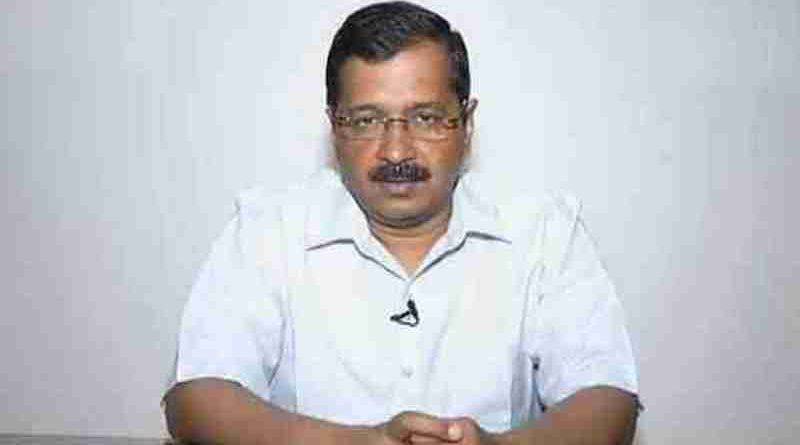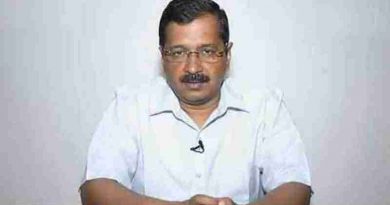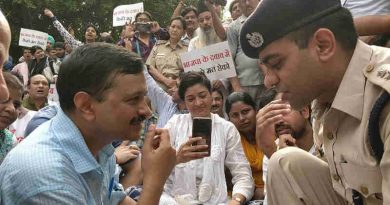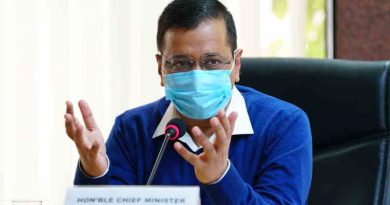Delhi High Court Rejects the Bail Plea of Arvind Kejriwal
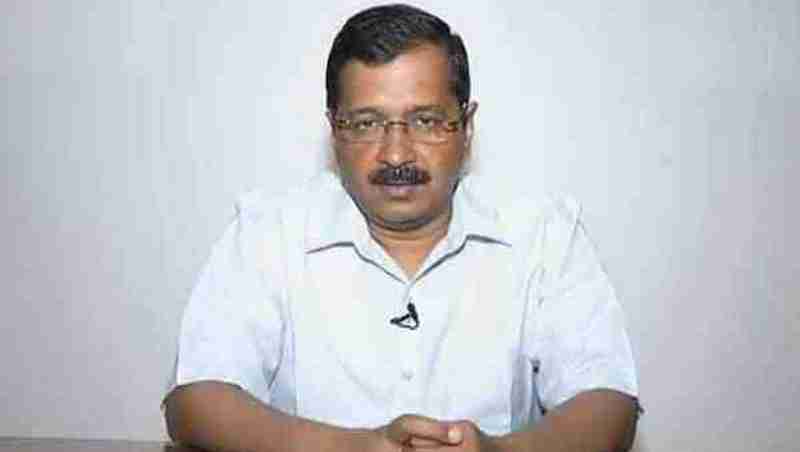
Delhi High Court Rejects the Bail Plea of Arvind Kejriwal
It appears that Kejriwal has failed to get bail because he does not pass the triple test (1. flight risk, 2. influencing witnesses, and 3. tampering with evidence) for bail.
By Rakesh Raman
The Delhi High Court has rejected the bail application of Delhi chief minister (CM) and Aam Aadmi Party (AAP) leader Arvind Kejriwal who is in jail for his alleged involvement in Delhi liquor policy scam.
In its order pronounced today (August 5), the Delhi High Court also dismissed Kejriwal’s plea that had challenged his arrest by the Central Bureau of Investigation (CBI) in the same liquor scam case.
While rejecting his bail application, the Delhi High Court asked Kejriwal to first approach the trial court for relief. But it is expected that Kejriwal will instead go to the Supreme Court for bail.
Kejriwal’s case has been thoroughly discussed in the “India Judicial Research Report 2024.” You can click here to download and read the report.
It appears that Kejriwal has failed to get bail because he does not pass the triple test (1. flight risk, 2. influencing witnesses, and 3. tampering with evidence) for bail. The triple test or the tripod test expects the prisoner to satisfy the court that he / she will not flee the country, will not influence the witnesses, and will not tamper with the evidence.
Related Links
[ How Enforcement Directorate Failed to Present Kejriwal Case in Supreme Court ]
[ Why Courts Are Not Granting Bail to Arvind Kejriwal in Delhi Liquor Scam Case ]
However, in Kejriwal’s case, he does not pass any of the conditions of the triple test because as an influential person with a dreadful criminal record he can run away from the country, can threaten or allure the witnesses, and easily tamper with the evidence.
Kejriwal’s past behaviour shows that he can do anything to stay out of jail. He repeatedly defied the summonses of the Enforcement Directorate (ED), told repeated lies about his health to come out of jail, and did not provide access to his phone which may have digital evidence of his crime.
As Kejriwal is squandering huge public money on some greedy lawyers for getting bail, his cases are listed frequently in the Supreme Court, high court, and lower courts. Therefore, there should be a limit of some four hearings in a year for Kejriwal’s cases because nearly 5 crore (50 million) other cases are pending in courts.
Although it is not required to show the transaction of bribe money in white-collar financial crimes such as Delhi liquor policy scam, the CBI and the ED claim that they have established the money trail in the courts. According to the CBI, it has traced the money trail in Kejriwal’s corruption case as he used Rs. 44 crore in the 2022 Goa election.
Kejriwal was arrested on March 21 by the ED for his alleged involvement in the liquor policy scandal. Kejriwal was arrested and sent to Delhi’s Tihar jail after he defied nine summonses of ED which had been calling him for questioning in the money laundering crime linked with Delhi liquor policy scam.
While Kejriwal and his AAP colleague Manish Sisodia have been jailed in the liquor scandal case, many more AAP leaders from Delhi and Punjab may soon be arrested and imprisoned in this case.
By Rakesh Raman, who is a national award-winning journalist and social activist. He is the founder of a humanitarian organization RMN Foundation which is working in diverse areas to help the disadvantaged and distressed people in the society.

